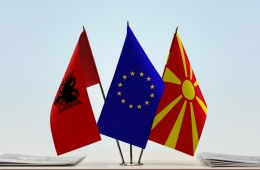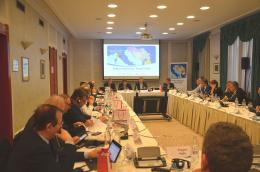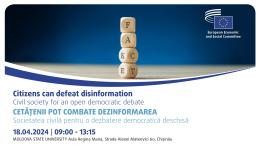European Economic
and Social Committee
Enlargement countries
The EESC is actively engaged in the enlargement process of the EU and has developed a dual approach - regional and bilateral - for its relations with civil society organisations (CSOs) in the enlargement countries.
As far as the regional approach is concerned, the Western Balkans Follow-up Committee – a permanent internal body of the EESC – is the main instrument for coordinating the EESC's activities in this region. The Western Balkans Civil Society Forum, organised every two years, is part of the work of the Follow-up Committee.
The EESC also works bilaterally with countries of the Western Balkans and Türkyie. On the basis of association agreements between these countries and the EU, in order to involve CSOs in the pre-accession and accession processes, the EESC has created three joint bodies with civil society representatives – with Türkyie, Montenegro and Serbia. Each body is composed of an equal number of members from the EESC and the partner country and meets twice a year.
The EESC keeps up regular contacts and organises joint activities with the CSOs of enlargement countries with whom no joint body of civil society representatives has yet been established.
The work of the joint bodies is complemented by the preparation of EESC opinions on the pre-accession and accession processes of individual countries, as well as on topics of regional interest.









